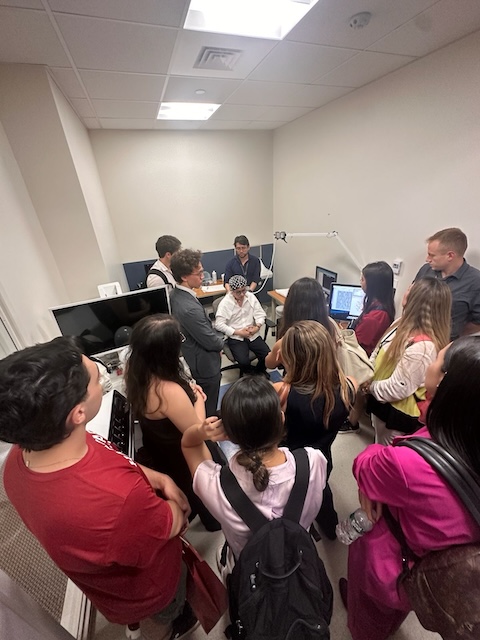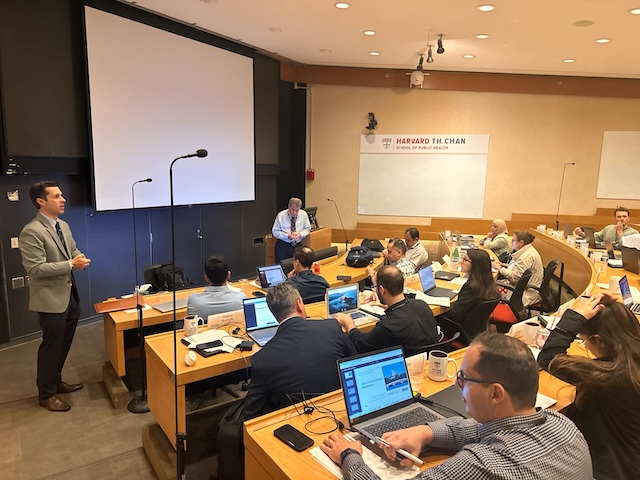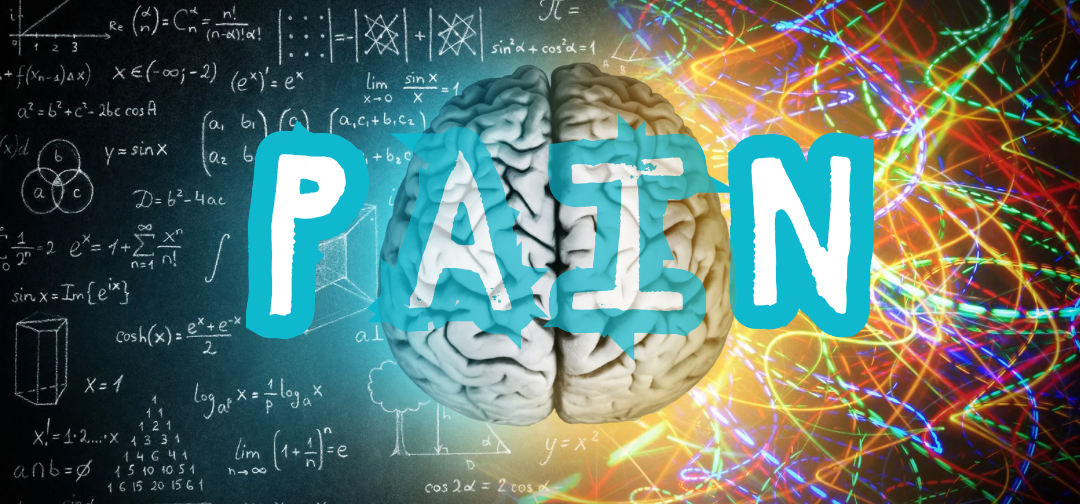The Neuroscience of Phantom Pain
Podcast: Play in new window | Download (Duration: 1:06:55 — 23.0MB)
Subscribe: Apple Podcasts | RSS | More
The Latest Research Behind Phantom Pain
You may have heard the saying, “Mind over Matter” a few times in your life. I know I have, but did you know that it is more than just a saying? Did you know that our brains are capable of helping us cope when we struggle, especially when we deal with pain?
Today I learned how the brain can actually help us changing the way we think and perceive the pain we feel.
We have the ability to redirect and reconnect our brain waves to cope with phantom pain, or any pain, that we experience.
Today, I was honored to have on Dr Felipe Fregni, professor of Physical Medicine and Rehabilitation at Harvard Medical School and Professor of Epidemiology at Harvard TH Chan School of Public Health, as well as the Director of the laboratory of Neuromodulation at Spaulding Rehabilitation Hospital. He has been researching how the brain perceives pain and what is happening during bouts of pain to our brain.

Dr Felipe Fregni, Harvard Professor
The hope is that if we learn how our brain works and how it changes during moments of pain or discomfort then we can start to use that information to better equip the individual to work through pain and eliminate it without medication!
Wouldn’t that be something!

Studying the brain to find connections

Dr Fregni splits his time teaching at Harvard and working the lab at Spaulding Rehabilitation Hospital
Dr Fregni and his staff and students have been researching this topic for a while now and getting the data they need from participants, like myself, and they could use you too!
Their goal is to create a device that you can wear to assist in pain elimination through brain waves. They started this study with bringing people into their lab to trial what they had created. Now they are onto phase 2 and getting new participants to work from home with their device.
As an amputee I am excited to see research into phantom pain and how we deal with it and finding ways to cope without medication. Dr Fregni also mentioned that their research also branches into helping stroke victims and paralysis as well!
When we figure out how pain is communicated within our body we can then begin to find ways to lessen or even eliminate it.
One interesting thing we did touch on, which I stated at the very beginning was the mind over matter mentality. You may have heard me say that when I start hurting I tend to become active, I get moving and I find something to distract myself from thinking about the phantom pain. What Dr Fregni told me was that when we become active we start using our brain, we get neurons to fire and this makes for a healthy brain. So every time I’m struggling, my coping mechanism was to not think about the pain but to dive into something else. This is exactly what we should all be doing because we are creating connections in our brain, fire it up, and building it stronger. So mindset matters. Speaking to ourselves in positive ways matters. Even thinking about an activity we love to do creates connections in our brain for healing. What a powerful organ it is, indeed!
I want to thank Dr Fregni for coming on and guiding us through how our brain is capable of helping us heal and for building this community of researchers to help those of us who are struggling with pain and need a better way to handle it. I look forward to seeing how your research builds a stronger and healthier tomorrow for us! Thank you!
If you would like to take part in the clinical research happening right now, from the comfort of your own home you can reach out to Dr Fregni’s department with the link below.
I hope you all have a very blessed week.
And as always until next time,
Be Healthy,
Be Happy,
Be YOU!!!
Much love,
To see if you qualify to participate in their study please click HERE
